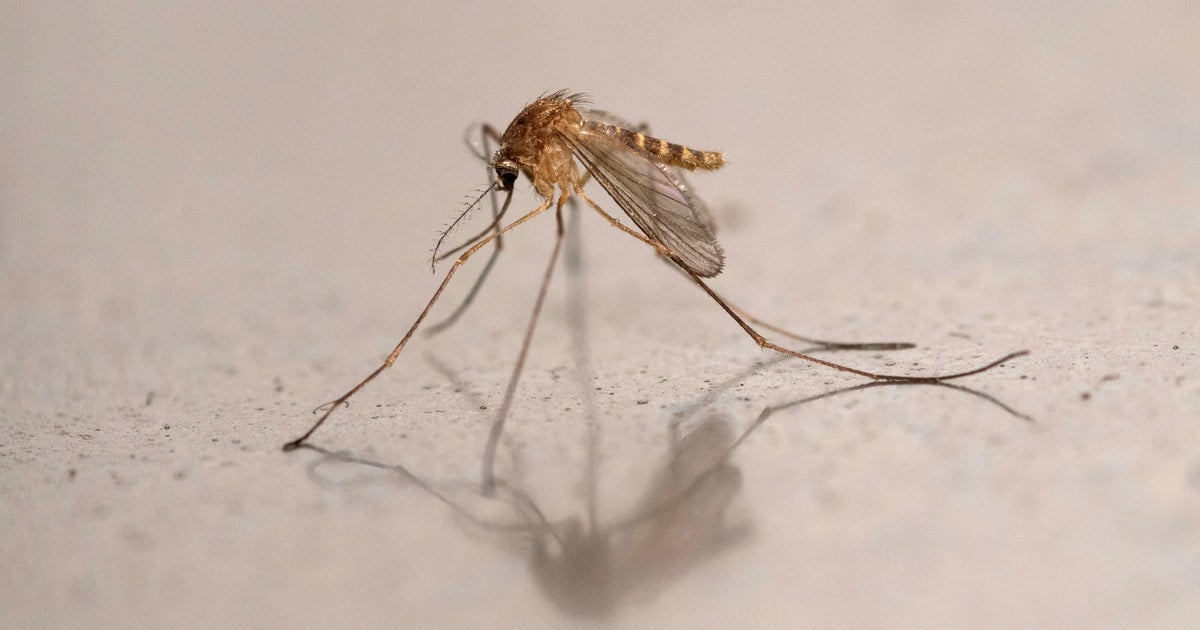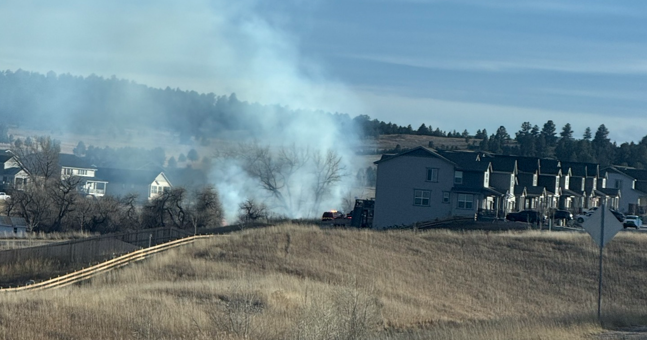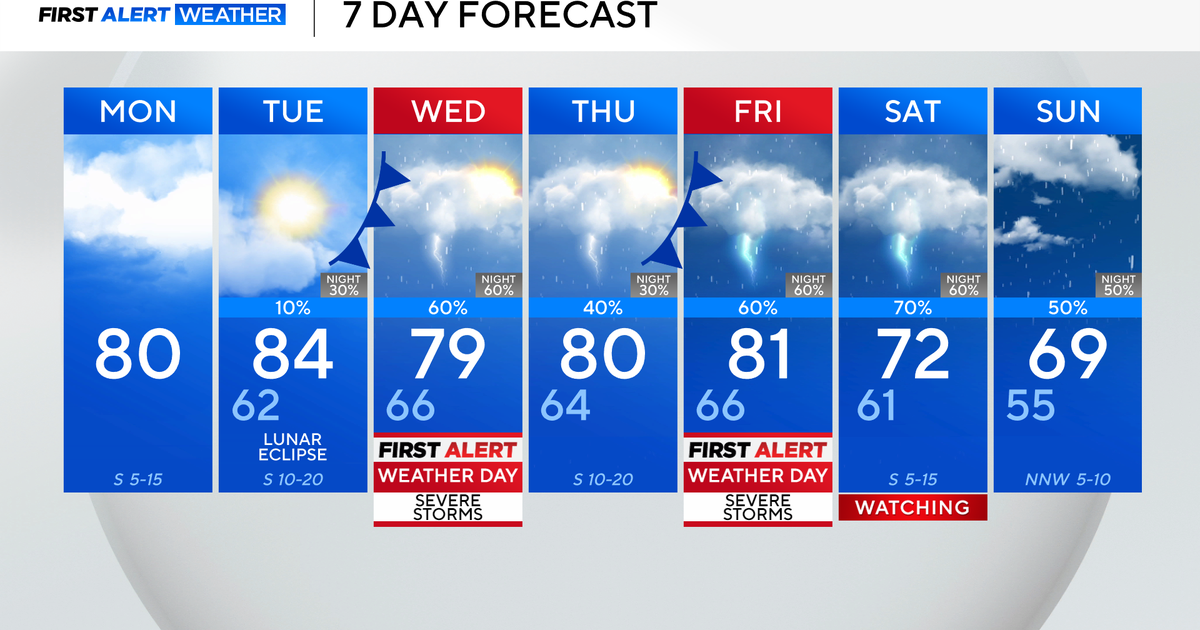"All it takes is one mosquito bite": 9 Massachusetts communities at high risk for Eastern equine encephalitis
WORCESTER – Several communities in Worcester and Hampden counties are at high risk for EEE after mosquitoes tested positive for the virus last week.
"All it takes is one mosquito bite to lead to some of these severe diseases that can leave you dead," said Dr. Brian Chow, an infectious disease physician for Tufts Medical Center.
Eastern Equine Encephalitis was first detected in Southbridge last week.
"We are taking an approach of make sure, first, to notify our citizens," said Southbridge Town Manager John Jovan.
The state Department of Public Health is alerting several nearby towns they're now at high risk, including: Brimfield, Douglas, Dudley, Holland, Oxford, Southbridge, Sturbridge, Sutton and Webster.
It starts with an itch, but the state epidemiologist, Dr. Catherine Brown, says it rarely ends well for people bitten by an infected mosquito.
"Up to 50% of them will actually die and a large proportion of people who survive will be left with some level of permanent damage, neurologic damage," Dr. Brown explained.
There was an uptick in EEE cases in Massachusetts during the summer of 2019 with 12 confirmed cases. Half of those patients died, including Fairhaven mother, Laurie Sylvia.
It's a rare disease, but experts say people in high-risk areas need to take it seriously.
"One, avoid mosquitos if you possibly can," Jovan said. "Use repellant. Make sure you stay in from dusk to dawn."
Dr. Brown told WBZ-TV it's too soon to tell whether fall sports or other outdoor activities will be impacted.
She said, "As the fall weather progresses, as it gets cooler, there will be fewer and fewer mosquitoes."
And if you're worried about a mosquito bite, know the signs and symptoms of EEE.
"Usually some mild symptoms, like fever, headache, nausea and muscle aches," said Dr. Chow. "If they start developing confusion or excess sleepiness, then they should seek medical care."








